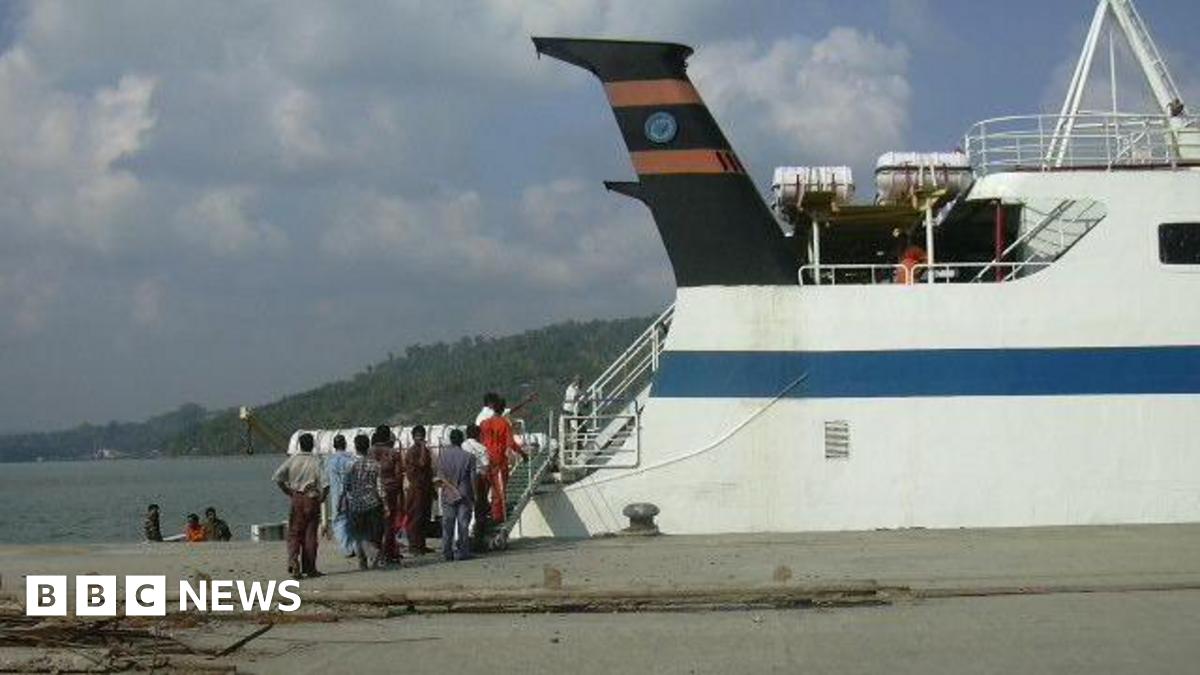A member of the boat’s crew told me it was an earthquake. At the time I didn’t know, but the 9.1 magnitude quake was the third most powerful, external ever recorded in the world – and remains the biggest and most destructive in Asia.
Occurring off the coast of northwest Sumatra under the Indian Ocean, it unleashed a devastating tsunami that killed an estimated 228,000 people across more than a dozen countries and caused massive damage in Indonesia, Sri Lanka, India, Maldives and Thailand.
The Andaman and Nicobar islands, located just about 100km north of the epicentre, suffered extensive damage when a wall of water, as high as 15 metres (49 ft) in places, hit land just about 15 minutes later.
The official death toll was put at 1,310 – but with more than 5,600 people missing and presumed dead, it’s believed that more than 7,000 islanders perished.
While on the boat, however, we were oblivious to the scale of destruction around us. Our mobile phones didn’t work on the water and we only got snippets of information from the crew. We heard about damage in Sri Lanka, Bali, Thailand and Maldives – and the southern Indian coastal town of Nagapattinam.

